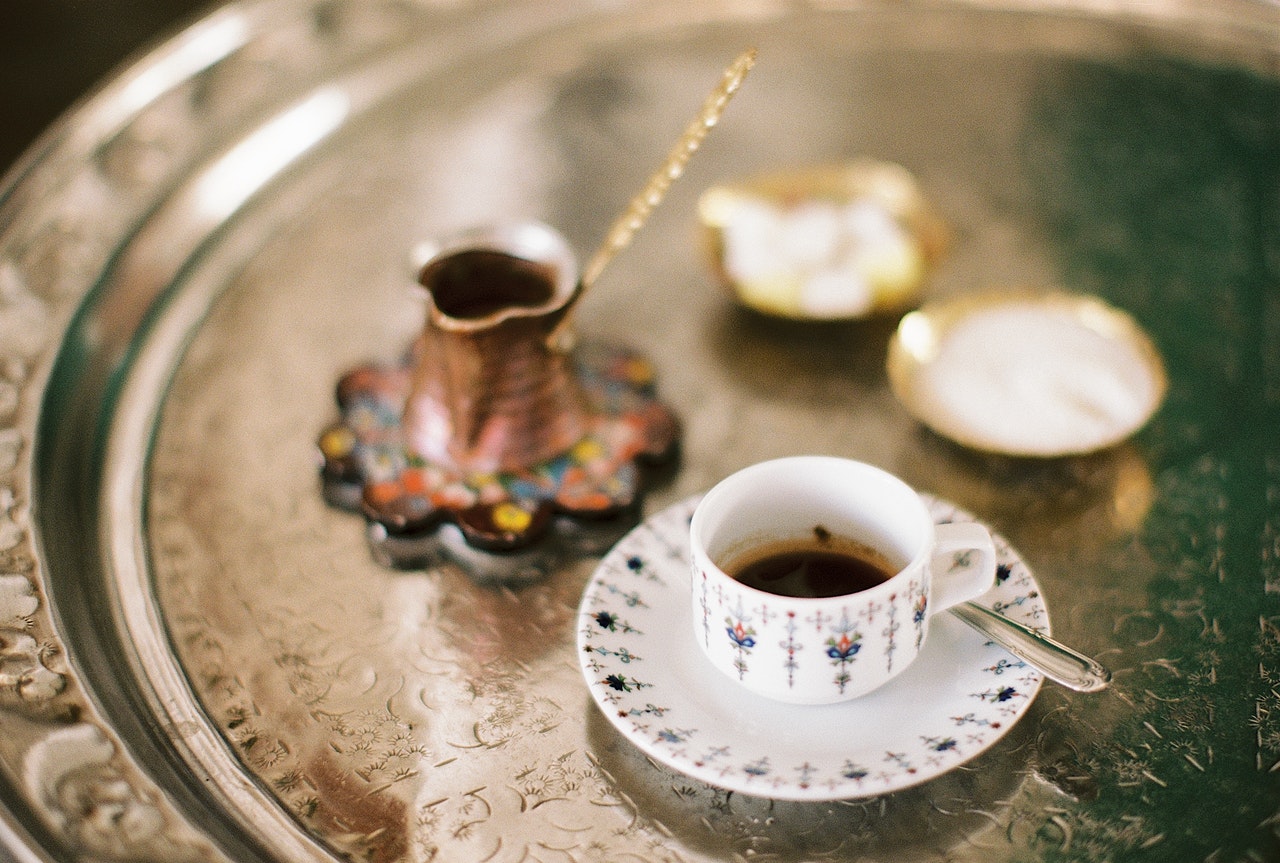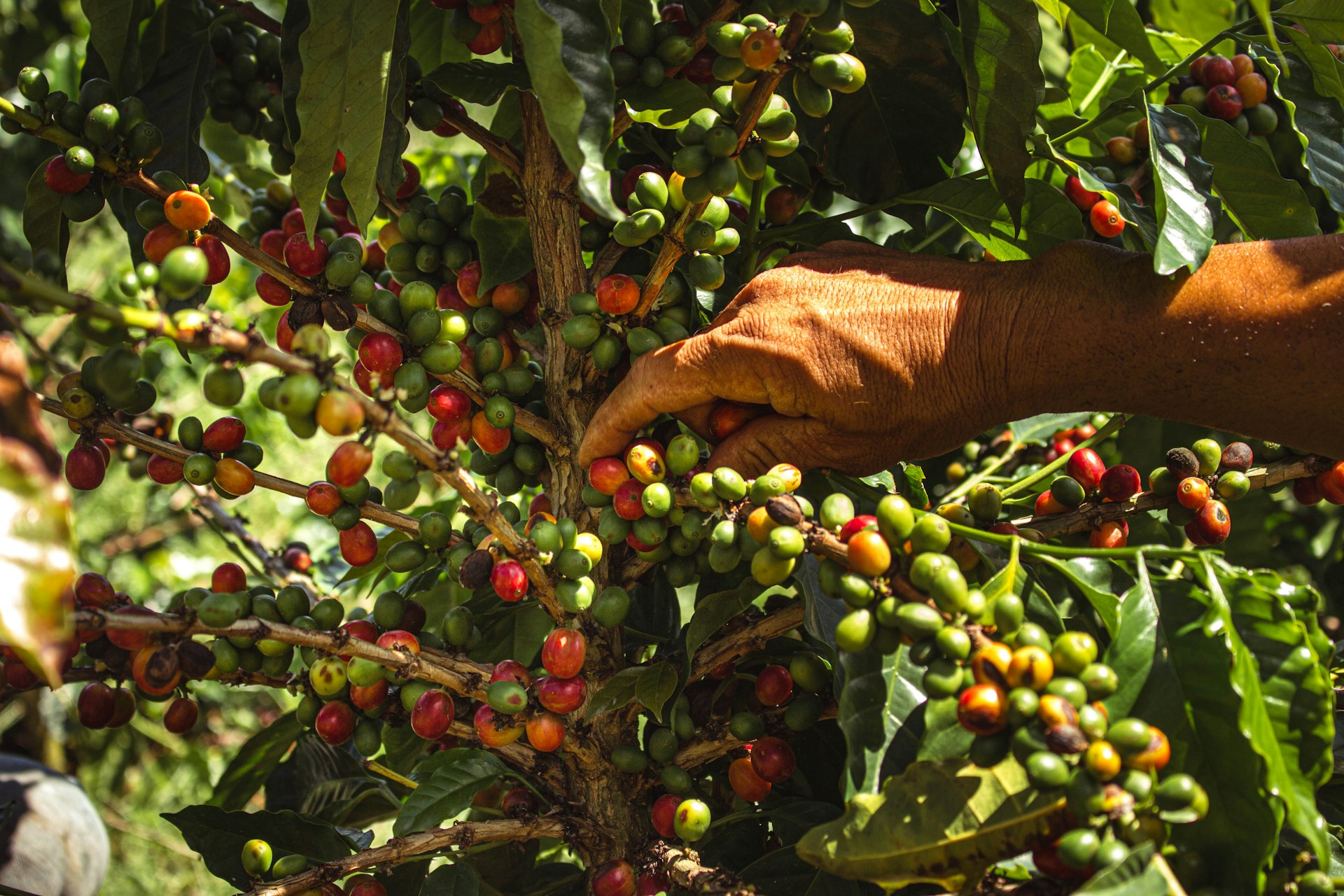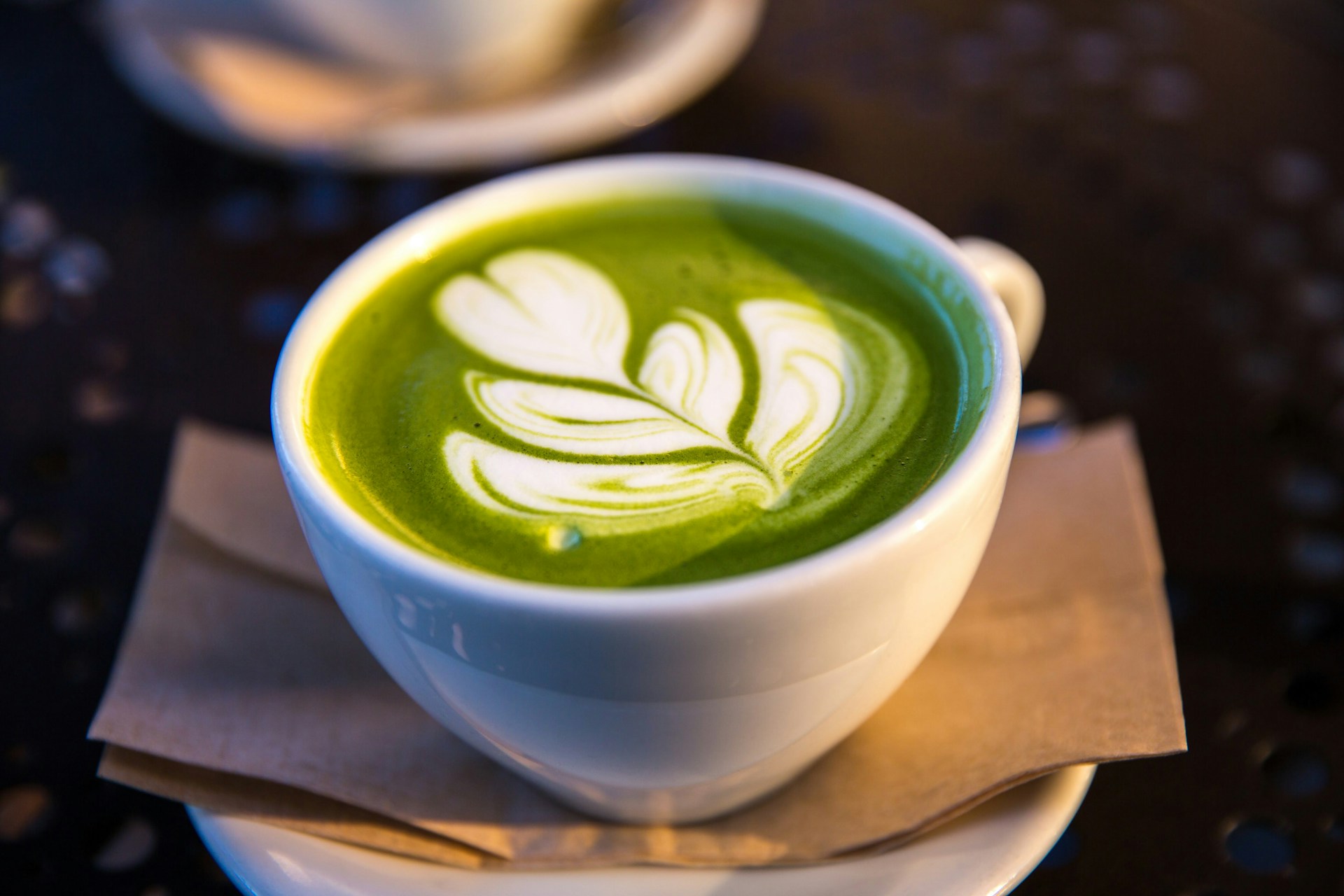People have been enjoying coffee for centuries, with the modern image of a coffee shop or cafe being somewhere comfortable where you can relax with friends over your favourite roast.
Historically, coffee houses have been places where people can gather, be social and, of course, indulge in great coffee. They were also prime locations for discussing politics, sharing new ideas and even sparking revolution.
How has the evolution of coffee houses shaped what we now come to expect from 21st-century coffee shops in the UK?
The First Coffee House
The discovery of coffee has taken on a mythic status. One of the most common origin stories describes a 9th-century Ethiopian goat herder who first discovered the energising effects of coffee cherries after his goats ate them.
Coffee made its way across the world over the following centuries, with the first ‘coffee houses’ rising to popularity in the Ottoman Empire. What is thought to be the first coffee house, known as Kiva Han, dates back to around 1475 and is located in what is now Istanbul.
15th-century Turkish coffee was black and unfiltered – a drink that is still popular today. While enjoying their coffee, patrons of the first coffee houses would gather to socialise, play games and discuss news. Anyone could visit a coffee shop, breaking down social norms and leading to freer discourse.
At various points in history, coffee consumption or gathering at coffee houses was banned in an attempt to prevent dissidents and revolutionaries from moving against those in power. In 1633, Sultan Murad IV made drinking coffee a capital offence because members of his family had been killed by soldiers known to visit coffee houses.

Coffee Houses Rise to Prominence in Europe
The first recorded European coffee house dates back to 1529 Vienna after an invading Turkish army introduced coffee to the western continent.
At this point, coffee started to be filtered and combined with milk and sugar to make it more appealing to new coffee drinkers.
Like the first Ottoman coffee houses, European coffee houses were popular places to meet and talk politics. These coffee shops grew in popularity across Europe, capturing people’s interest in France, Italy and Germany.
Coffee Houses in England
Like everywhere else, coffee houses made their mark on English culture when the first one opened in London in 1652.
For the first time, people of different social classes could gather in one place, united by coffee and the dissemination of new ideas. Communal cafe tables were laden with the latest publications, creating a space for different voices to make themselves heard.
King Charles II was so worried about the ‘spreading of false news’ and the potential for devising radical plots in coffee houses that he closed all London coffee houses – only for the ban to last 11 days. The popularity of coffee and their houses were now firmly rooted in everyday life!
Some English coffee houses came to be known as ‘penny universities’ as a penny was the cost of a cup of coffee, and it was served in a place where you could partake in intellectual discourse and debate with other like-minded people.
American Coffee Houses
American colonists brought the popularity of coffee houses with them, embracing that same tradition of using them as places for discourse and revolution.
During the American Revolution, tea drinking fell out of favour, and coffee houses once again became important meeting spots for revolutionaries.

Modern Coffee Shops
The invention of the modern-day espresso machine in 1938 transformed the way people enjoyed coffee, offering a more convenient and what would become an incredibly popular coffee experience.
Over the following decades, coffee shops would start offering a wider range of coffee-based drinks as well as introducing more food options, birthing the modern coffee shop as we know it.
Coffee shops may have lost their connection to revolution and political discourse somewhat, but they still remain important community hubs where people can meet, share art or ideas and enjoy delicious coffee!
From that first Turkish coffee house to your local Esquires coffee shop, people are still making coffee establishments part of their daily routine.
Here at Esquires Coffee, we’re proud to offer our customers a taste of this rich history, providing only the best organic, fairtrade coffee in comfortable environments where they can relax and recharge. Why not find your local Esquires store so you can see for yourself?!
And, if you would like to buy a coffee shop and make your mark on the coffee world, a Esquires franchise could be your next business venture. Head over to our franchising FAQs to find out if a partnership with us is right for you.








